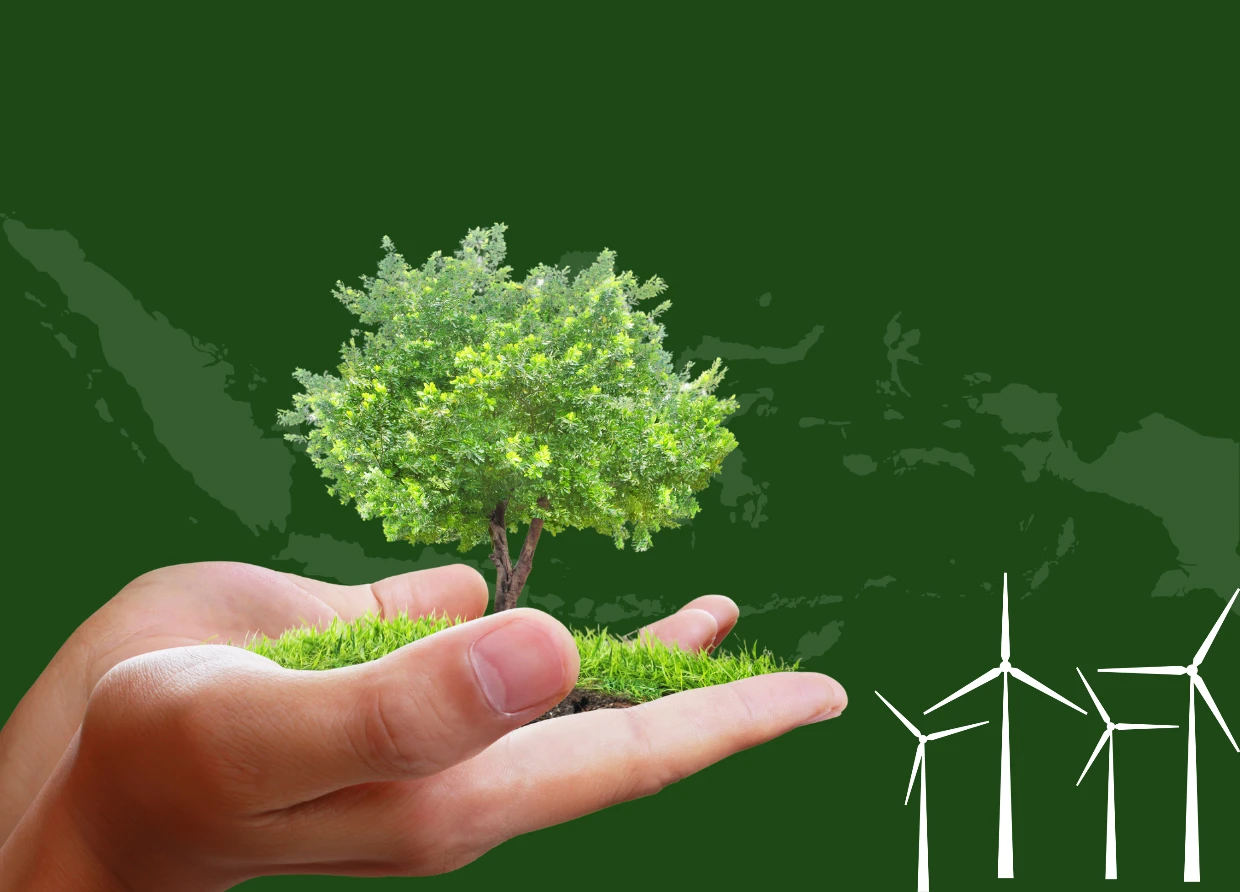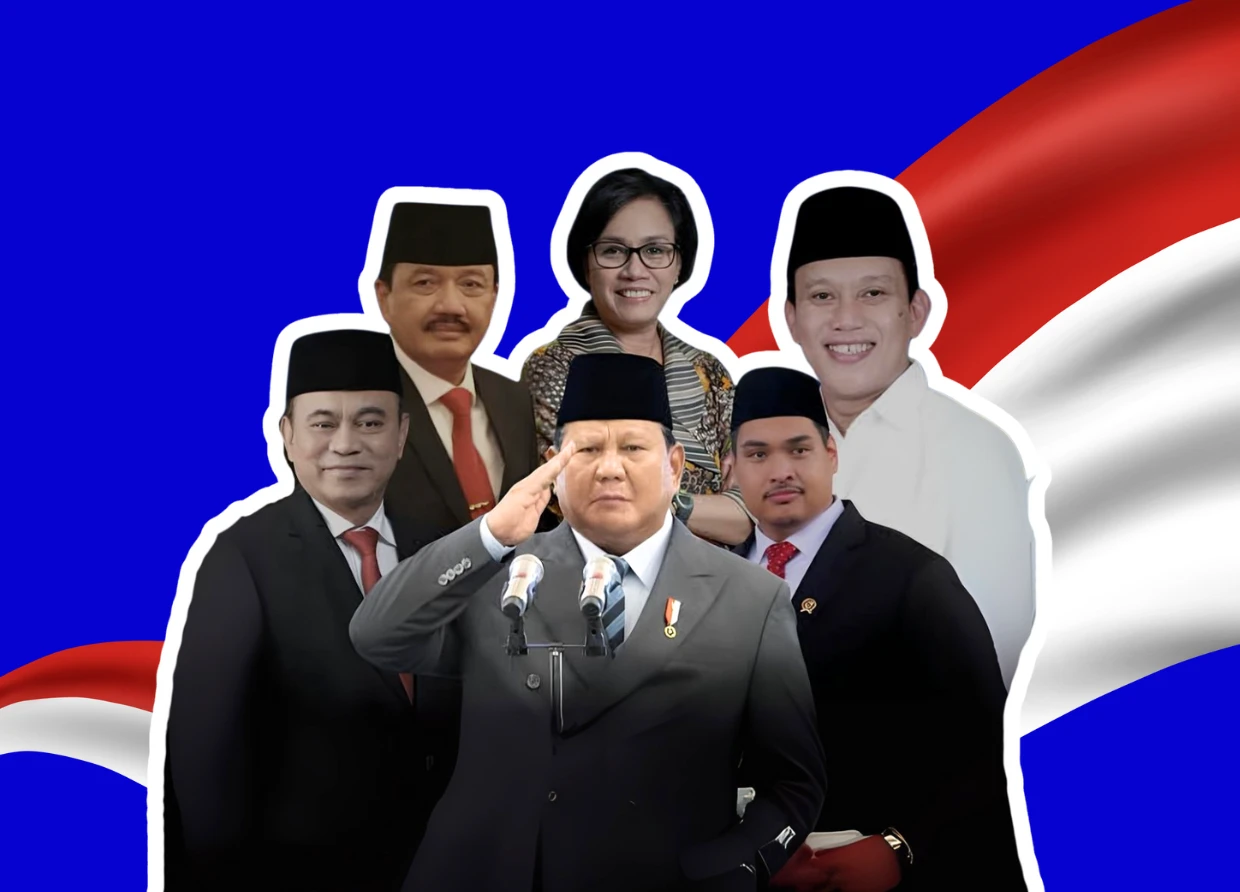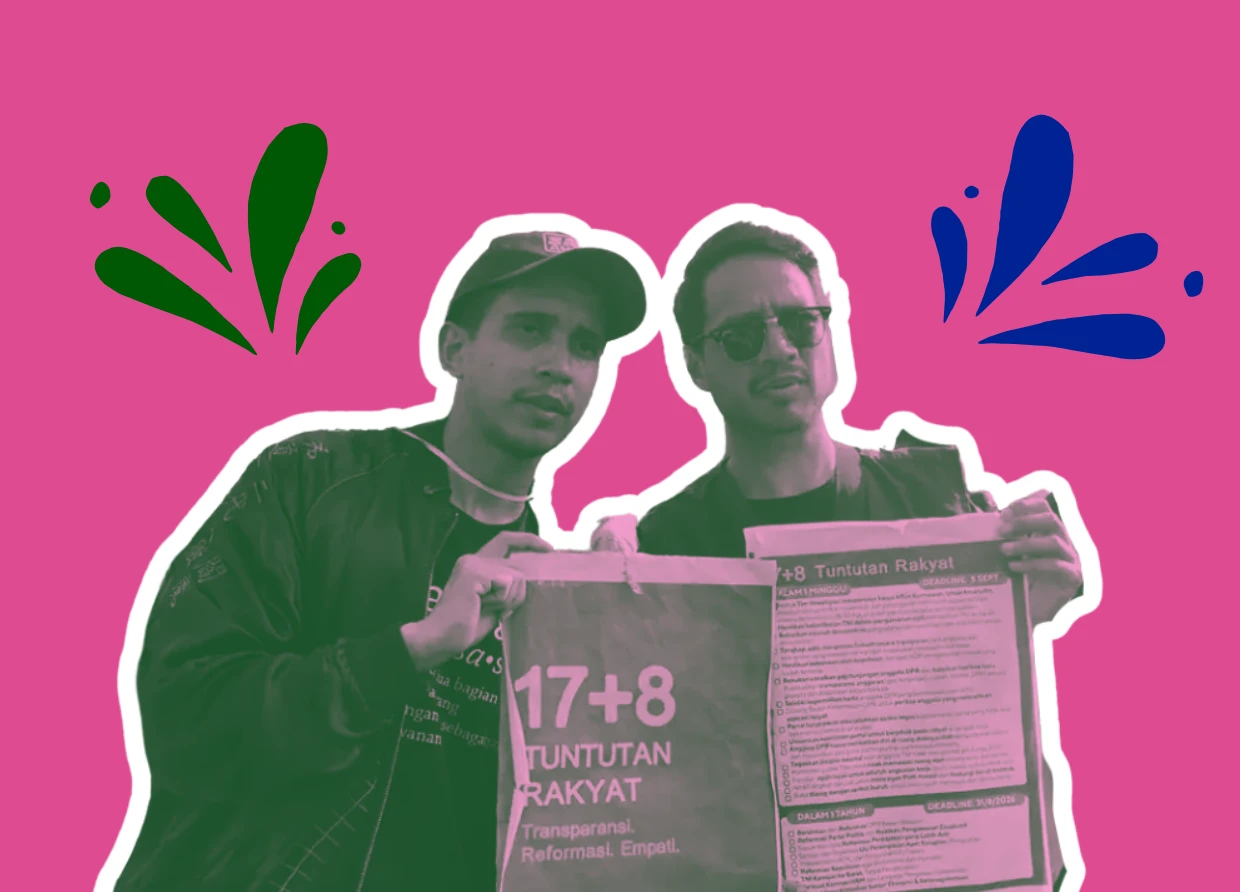INDONESIA'S AMBITIOUS PATH TO A GREEN FUTURE: A POST-COP28 PERSPECTIVE
Empowering Indonesia's green transition: Navigating the roadmap beyond COP28

In the wake of the historic commitments made at COP28 to triple global installed renewable energy capacity by 2030, Indonesia stands at a crucial crossroads, holding the potential to reshape its energy landscape and fulfill its net-zero commitments. The ambitious target of over 11,000 gigawatts (GW) of renewable energy capacity by 2030, set during the climate summit, underscores the urgency for nations to address climate risks and reduce emissions.
According to the International Renewable Energy Agency (IRENA), achieving this goal would lead to a substantial increase in renewable generation, surpassing 40,000 terawatt-hours (TWh) and attracting a total investment of US$10.4 trillion. Variable renewable energy (vRE), including solar and onshore wind, is anticipated to account for over 60 percent of new capacity, highlighting the growing cost-competitiveness of renewables.
Indonesia, with its advantageous geographical location near the equator and abundant natural resources, has a unique opportunity to play a leading role in this global transition. The recent inauguration of the Cirata floating photovoltaic (FPV) power plant, boasting a capacity of 192 megawatts peak (MWp) on the country's largest man-made lake, exemplifies Indonesia's potential in renewable energy deployment. Cirata is now the largest FPV in Southeast Asia and the third largest globally, showcasing the innovative approaches Indonesia can champion to unlock its renewable wealth.
Despite Indonesia's high-level commitment to carbon neutrality by 2060 made during COP26 two years ago, the country faces challenges in aligning near-term policies and actions with this ambitious target. To bridge this gap, Indonesia must take audacious national initiatives that reflect and accelerate technological developments, reaching cost parity with fossil fuel power.
The archipelagic nation possesses significant untapped resources, including solar, wind, geothermal, and hydropower. Analysis suggests that Indonesia could host up to 28.4 GW of floating solar across numerous suitable reservoirs and lakes without competing for critical land. Additionally, the country could realize 75 GW of hydroelectric capacity through responsible development of dams, reservoirs, and free-flowing rivers.
To fully harness this potential, Indonesia must address its current transmission system's limitations, which are insufficient to handle the expected massive penetration of renewable power. The long-term electricity procurement plan (RUPTL) of state electricity company PLN outlines a strategic focus on building 500 kilovolt (kV) and 150 kV transmission systems over the next decade, adding 32,237 km of transmission lines and 55.8 GVA of transformer capacity between 2023 and 2030.
Notably, during COP28, PLN signed 14 clean energy deals, including agreements focused on developing a transmission grid interconnection. Efforts are underway to advance high-voltage direct current (HVDC) subsea cable interconnectors between Java and surrounding islands, enhancing supply-demand balancing and improving grid flexibility.
Indonesia's commitment to clean energy goes beyond production, with plans for responsible mine reclamation around exhausted coal regions. Decommissioned facilities could be converted into utility-scale battery storage hubs, contributing to a more resilient and reliable energy infrastructure.
As Indonesia stands on the cusp of this renewable energy revolution, the nation has the opportunity to lead by example and guide other emerging economies toward sustainable development. Beyond COP28, Indonesia's journey toward a green future is a testament to the transformative power of renewable energy, offering a blueprint for nations seeking to achieve net-zero emissions and combat the challenges of climate change.
#THE S MEDIA #Media Milenial #Renewable Energy #COP28 #Climate Summit #Indonesia #Energy Transition #Sustainable Development #Green Economy #Solar Power #Wind Energy #Geothermal #Hydropower #Energy Infrastructure #Carbon Neutrality #Climate Commitments #Innovation #Global Leadership #Environmental Sustainability #Clean Energy Investments #Technological Advancements #Net-Zero Emissions #International Cooperation


























